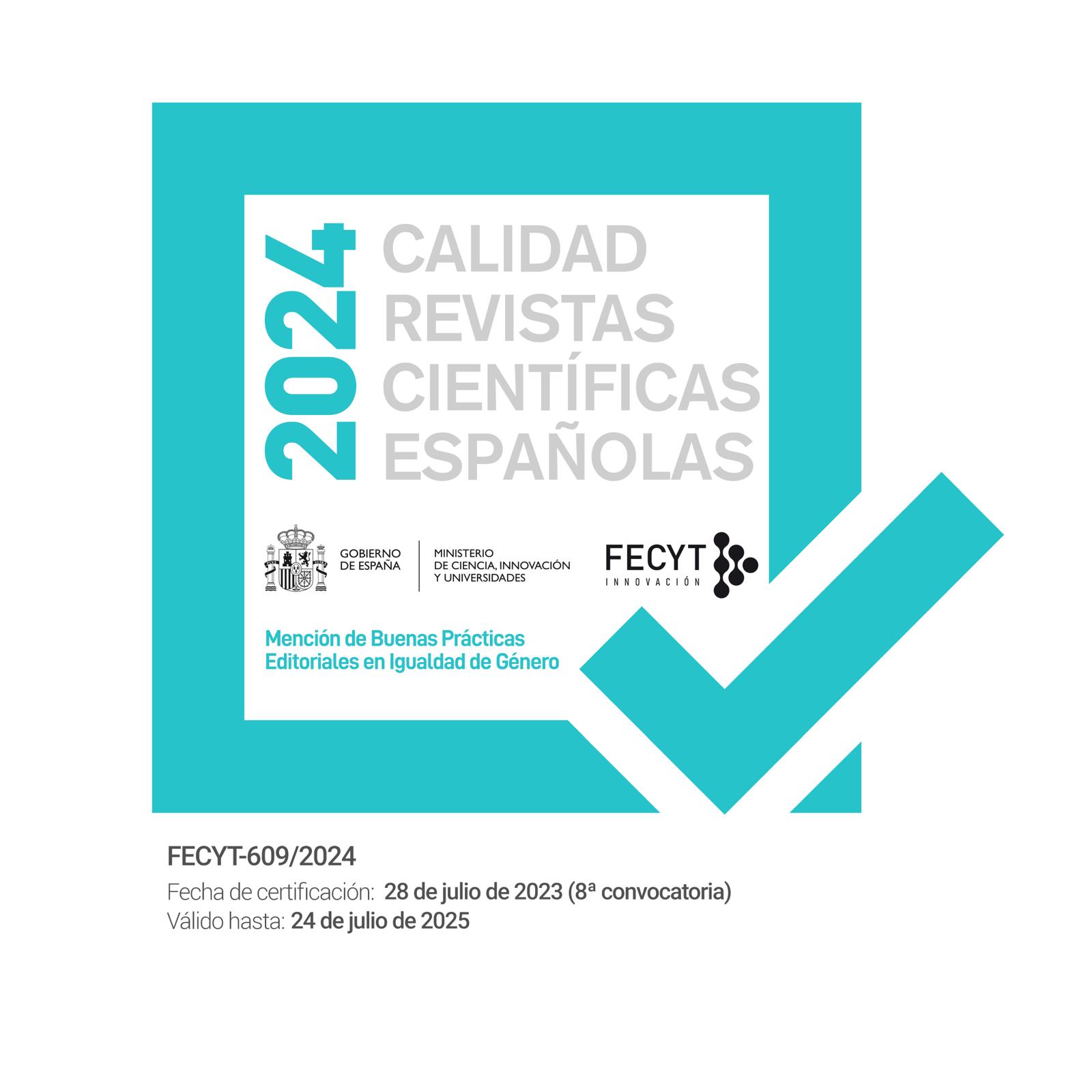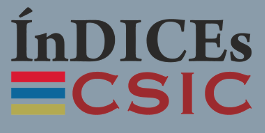La representación de la mujer en el DLE (RAE y ASALE): repercusión social de la ideología académica
DOI:
https://doi.org/10.35869/hafh.v21i0.1333Palabras clave:
RAE, Machismo, Feminismo, Lexicografía, DiccionarioResumen
La representación de la mujer en el diccionario académico ha sido y sigue siendo un tema constante en los foros académicos con perspectiva feminista (Aliaga Jiménez 2000; Calero Fernández 2002; Lledó Cunill, Calero Fernández y Forgas Berdet 2004; Lledó Cunill 2013). Tanto las redes sociales como las plataformas de peticiones en línea han generado una nueva forma de debate social que conlleva la solicitud de cambios a administraciones, instituciones y entidades diversas. En este sentido, la Real Academia Española también ha sido objeto de diversas críticas relativas a la construcción estereotipada, inveterada y/u obsolescente de la mujer en el Diccionario de la Lengua Española (en adelante DLE) en sus ediciones de 2001 y, sobre todo, de 2014, incluyendo las actualizaciones de la versión disponible en la red. El objetivo de esta comunicación es, por un lado, valorar la repercusión social del diccionario académico atendiendo a las reclamaciones de cambio realizadas desde dentro y fuera del ámbito académico y, por otro lado, analizar el estado actual de la relación entre mujer y diccionario académico desde la perspectiva de la Lexicografía crítica. Para alcanzar el primer objetivo se analizarán los artículos periodísticos en los que distintos agentes sociales solicitan modificaciones a la RAE en cuanto al tratamiento de la mujer. Para alcanzar el segundo objetivo se realizará un análisis crítico de la vigesimotercera edición del DLE y la versión electrónica 23.1 en relación con la construcción discursiva de la mujer. El análisis realizado pone de manifiesto que la repercusión social de las decisiones lexicográficas de la RAE es notable en lo que se refiere a esta temática
y que, a pesar de la pátina de adecuación discursiva a nuevos contextos y sensibilidades, la institución académica se cierra en sí misma y practica una política de cambios mínimos fundamentalmente dirigida a la introducción de
marcas pragmáticas















